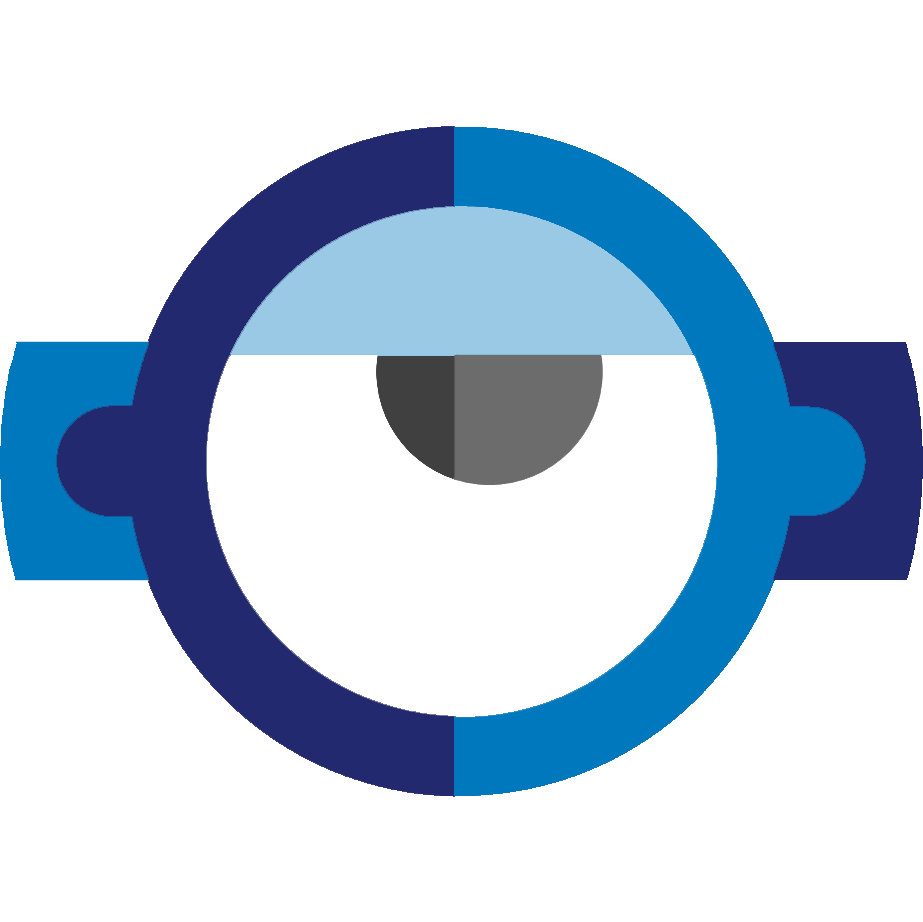Voicing Your Opinion
It is better to debate a question without settling it than to settle a question without debating it. by Joseph Joubert
What is Debate?
Most simplistically, debate is an exchange of arguments. An argument consists of a claim being made by the arguer and a warrant- a reason that the argument is true.
People can really argue about anything. For example, two people could argue over where they should eat, whether or not fast food causes obesity, or if humans are substantially responsible for changes in the Earth’s average temperature. Regardless of what they argue over, in any argument people are always advancing a claim, the argument, and a reason it is true, the warrant(s).
Academic debate structures this arguing into a contest debate that is governed by rules, the requirement of evidence, the responsibility to respond directly to an opponent’s argument, and offers a neutral judge to resolve the arguments. It works by capturing the desire of people to argue and actively participate in their own learning and turning that into an educational experience.
Competitive academic debate establishes the framework for this exciting process by structuring a debate around a topic area, or resolution. In an academic debate, each side will advance a number of arguments that are related to a given topic and then will answer their opponent’s arguments throughout the debate. The goal of the constant argumentative sparring is to produce an answer to the question of whether or not one side’s advocacy should be supported. The Affirmative, or the Pro side in Public Forum Debate, will argue that the resolution should be supported. The Negative, or the Con, will argue against it. At the conclusion of the debate, a judge will decide which side has prevailed based on the arguments made in the debate.
In the course of developing arguments in support of, or in opposition to, the resolution, debaters will engage in a number of steps-inquiry, invention, advocacy, and synthesis.
Public Forum Debate Competition is a specific debate format developed in 2002 by the NSDA to provide opportunities for students and coaches new to debate to participate without having to learn the more complicated rules and conventions that had developed in other debate events. In response to this opportunity, a record number of new students and coaches have begun participating in debate in the United States and now overseas in countries or districts such as Korea, mainland China, and Taiwan. Almost one thousand students have participated in ten National High School Academic Debate Tournaments, and ten outstanding teams representing China have traveled to Birmingham, Alabama in June, 2013 to compete in the NSDA National Tournaments. It was for the first time in history that China has ever sent a delegation to this largest debate tournament in the United States.
The Summer 2018 Course Schedule is Now Posted!!!
Registration is OPEN!!!
Click Register Today! to access the Demosphere Online Registration system and log-in. Be sure to update your contact information, phone numbers, and email address, if needed.
If you are a new user, you can create a Zoom login with your email or login with Facebook or Google+.
Please open it with your computer browser; click on a course name below to read more. GREEN icons show available, while RED icons in the title indicate filled, PINK icons show offers for VIP personalization options.
Our classrooms are small, averaging fewer than 15 students. Each course is designed to meet the needs of the individual students to ensure that each teacher returns to the classroom with increased confidence and strategies for success.
The teachers are professional and experienced teachers with outstanding reputations in public and private schools.
Course Fee: 200/hour/student
Please note: Schedule is subject to change without notice. Please check online for updated information and details.
 SAT PREP CENTER
SAT PREP CENTER